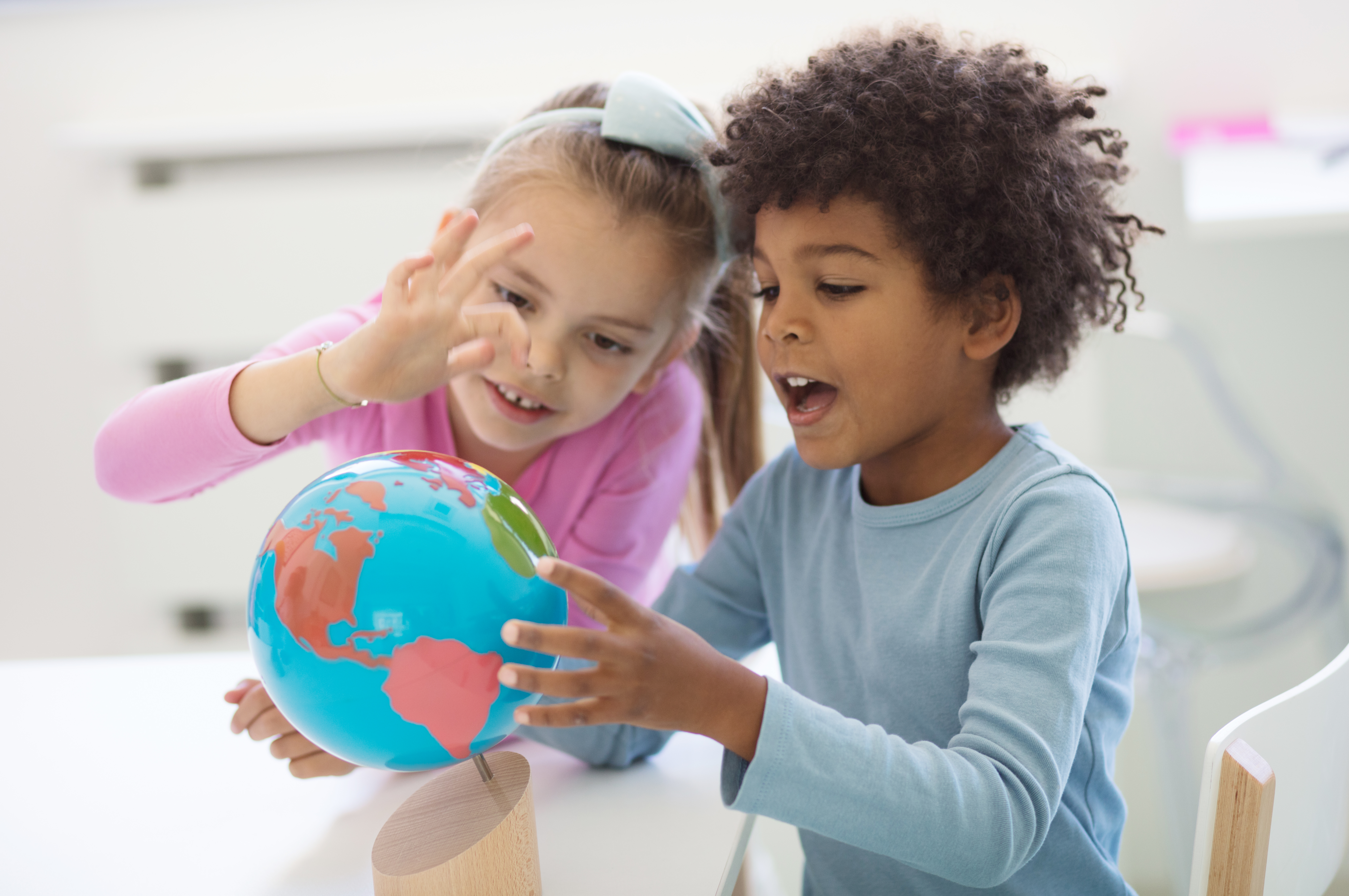"A friend is someone who is there for you when he'd rather be anywhere else."
-Len Wein
Help boost children's ability to relate well with others and to create and maintain friendships with these helpful tips from Pam Schiller, author of Seven Skills for School Success.
Pay attention to children's facial expressions and body language. Say to the child, "You look happy today. What's going on?" or "I could tell by your eyes that it surprised you when Joseph handed you the ball." This will model attentiveness to the child and encourage him to pay closer attention to his own friends and family.
Encourage children to talk about their feelings and listen intently to what they have to say. Maintain eye contact with the child. Paraphrase what he says and help sort through his thoughts and ideas. As Vivian Paley, author of The Kindness of Children, says, each child comes into the world with an instinct for kindness; however, it is a lesson that must be reinforced at every turn.
Discuss similarities and differences amongst the child's friends. Some children are taller than others. Some have dark hair while others have light hair. Some children have blue eyes while others have brown eyes. Ask the child to consider her friends' similarities and differences. Discuss tolerance and what it means to not judge people who are different in some way.
Teach children about random acts of kindness. Help children find things they can do that will help others. Perhaps they might bake cookies for a senior-citizen home, decorate the door of a neighbor, or surprise a friend with a bouquet of wildflowers.
Recognize children who help others or demonstrate kindness. If you see a child helping a friend, positively reinforce that behavior. This will go a long way toward instilling positive behavior.
Develop a vocabulary about emotions and actions. A common vocabulary is conducive to helping children communicate their emotions and actions. Work on teaching social words that will help them be on an equal playing field as they begin to interact with others. Words like please, thank you, take turns, share, cooperate, and feel are all good words for children to know and understand in group play and interactions.
For more ways to develop children's social and emotional intelligence and to prepare them for future school success, pick up a copy of Seven Skills for School Success by Pam Schiller.
Author(s)Pam Schiller
Brianna Blackburn
A graduate of Western Carolina University with a BA in English, Brianna served as a marketing and editorial Intern with Gryphn House in the Summer 2018.

